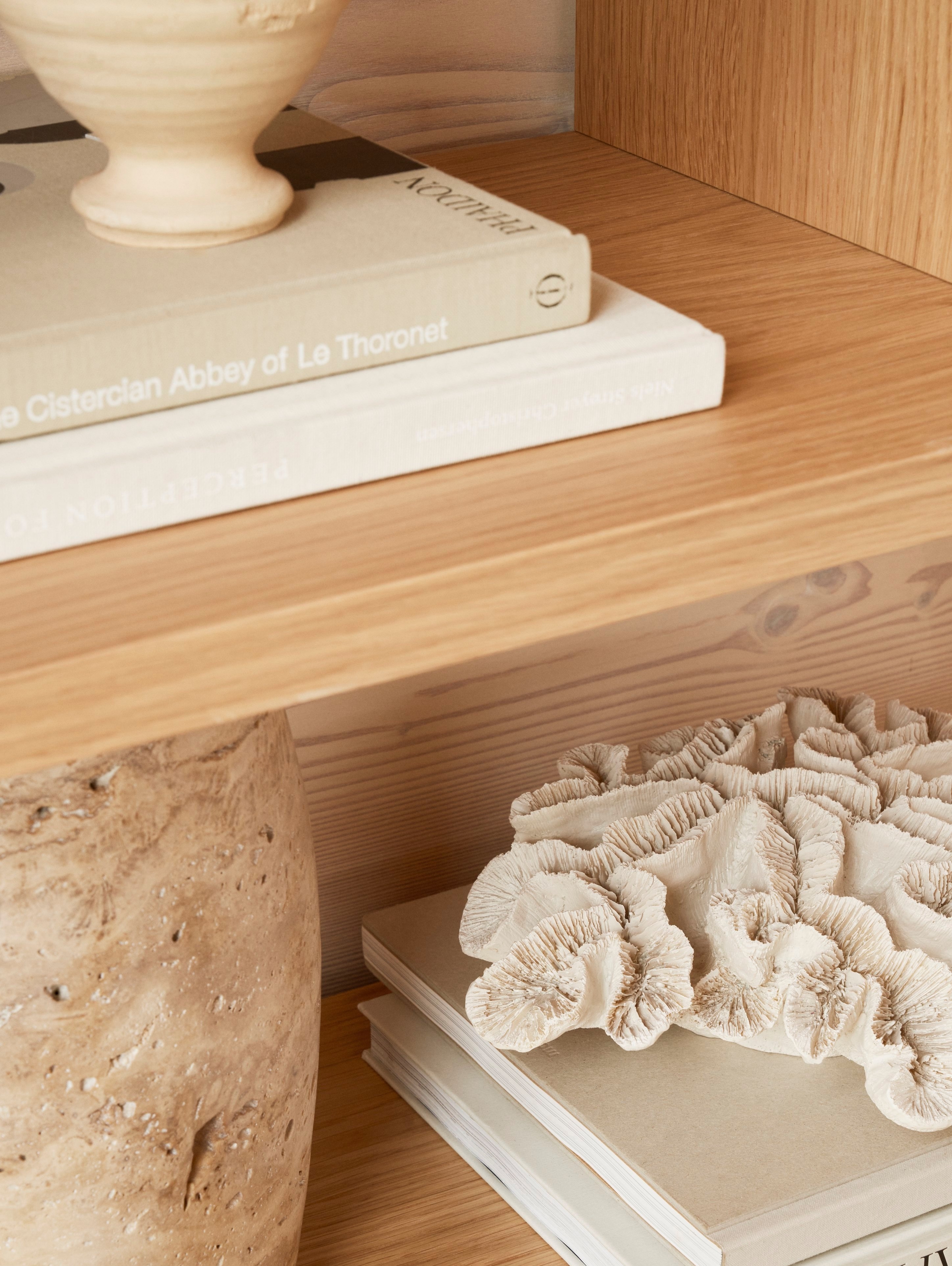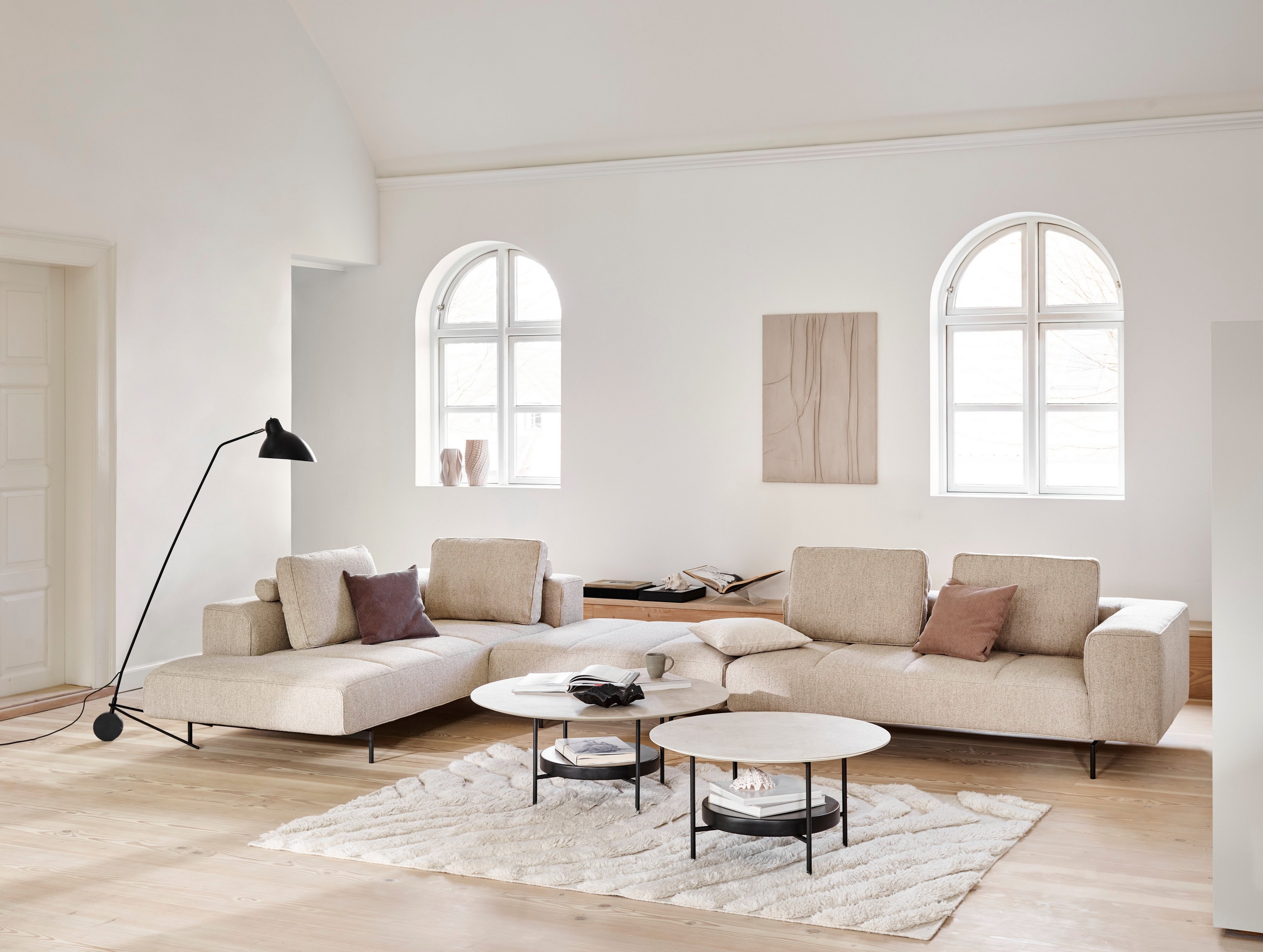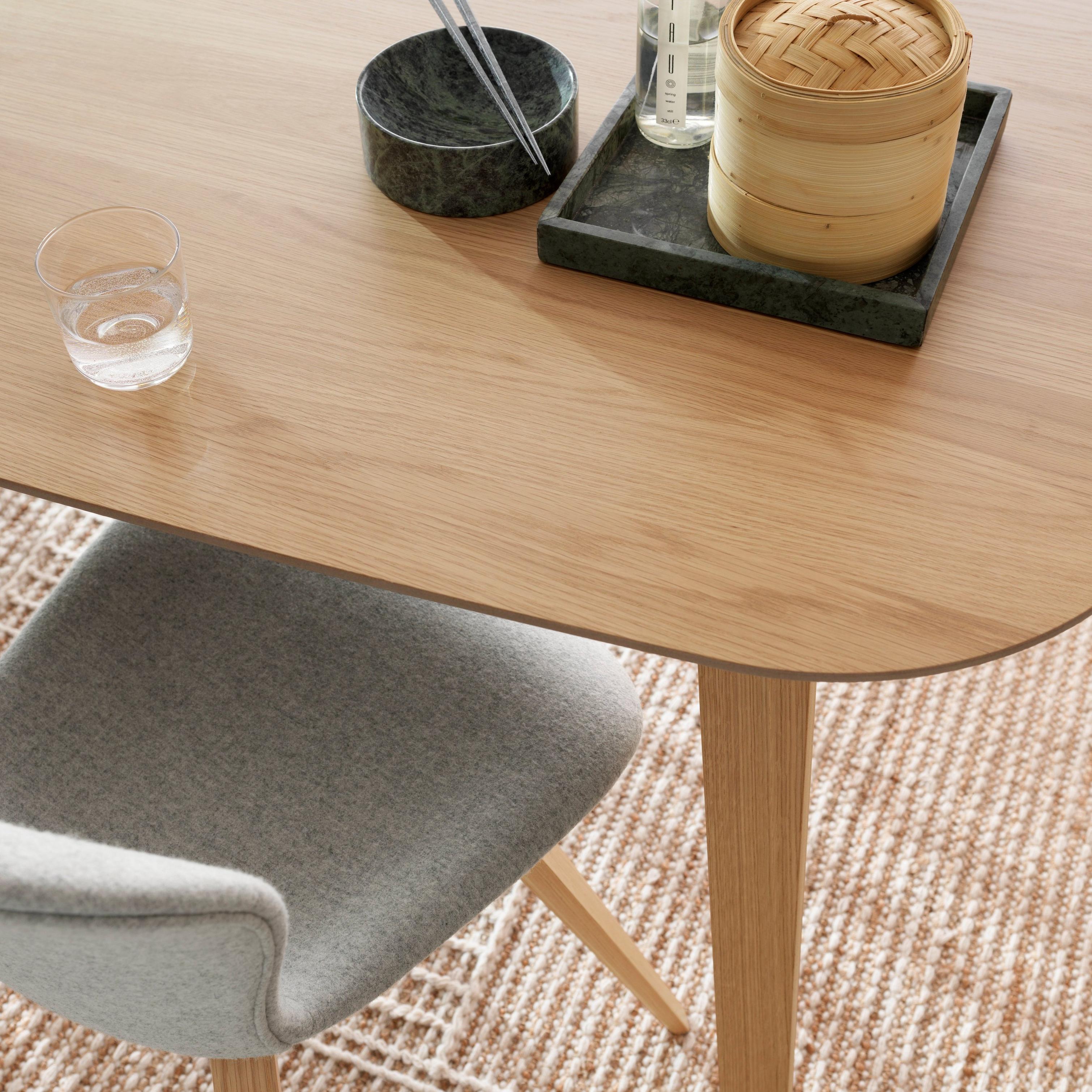
The natural warmth of wood is revered in both Japanese and Danish design. Work it into your home with key furniture, keeping surface treatments to a minimum.
Japandi is an interior design trend that blends the simplicity and elegance of Japanese esthetics with the comfort and coziness of Scandinavian design. Bringing together the best of both worlds, the style fuses the concepts of "wabi-sabi" and "hygge" to celebrate simplicity through natural materials and a focus on craftsmanship.
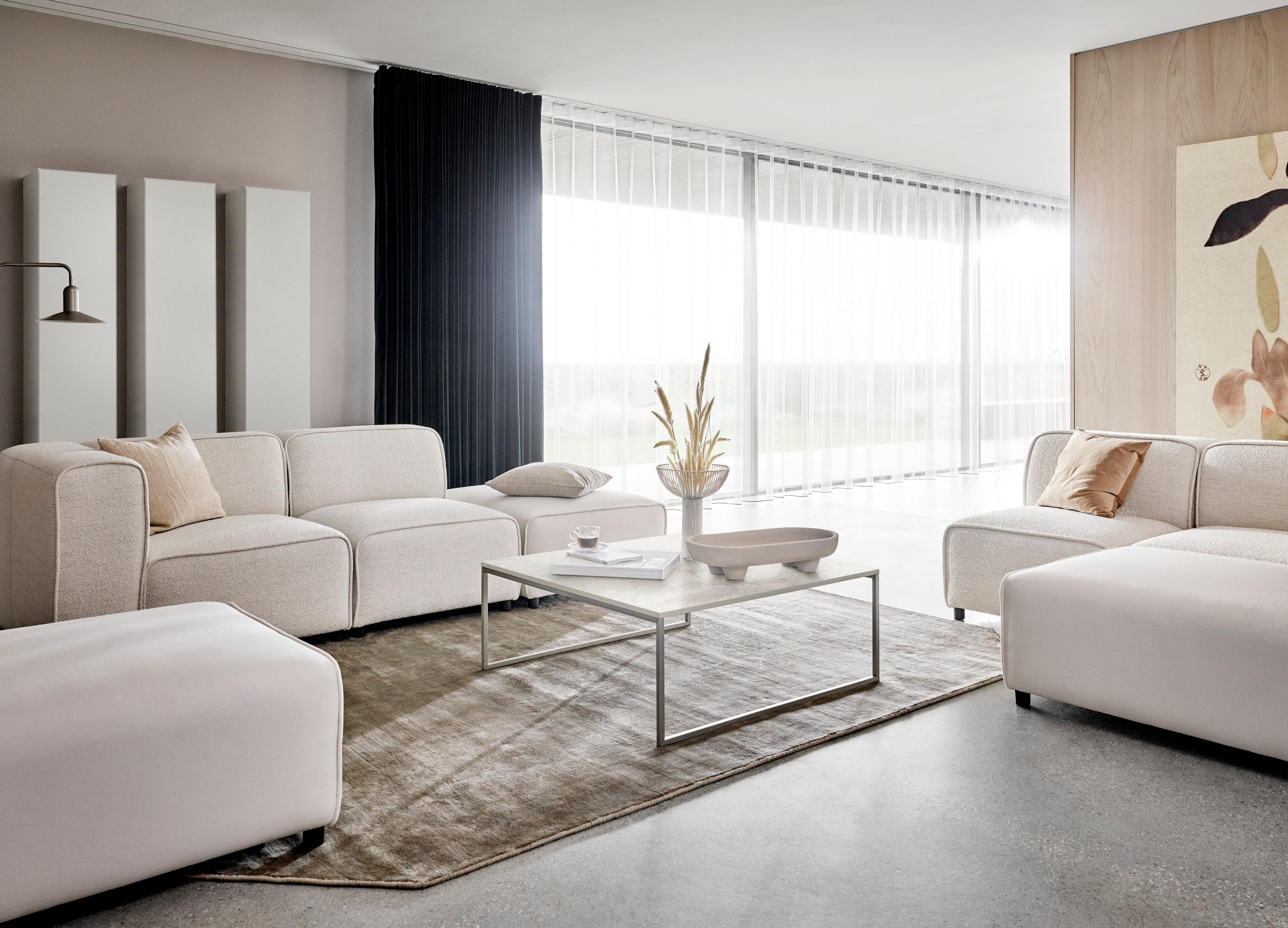
Japandi style is the must-have interiors trend that is a hybrid of Japanese and Scandinavian design esthetics. The look is minimal, functional, warm and calming, with touches of wabi-sabi enthused imperfection. We’ve compiled some tips to help you work Japandi interior design style into your home.
But first, why are the Japanese and Scandinavian styles such happy roommates?
The natural harmony found in Japandi style owes a lot to Denmark and Japan’s long-held cultural ties. It’s a relationship of influence that began over 150 years ago, when Danish architects, artists and designers began travelling to Japan in search of new inspiration. They were among the first Westerners to visit the nation that had only recently lifted its 220-year closed border policy. Many believe traces of that early Japanese style influence can be seen in today’s Danish ceramics, furniture, open-plan architecture and minimalism. The admiration is mutual, with Danish design being sought-after throughout Japan for many decades. Then there is the nations’ shared respect for artisans, craftsmanship, and natural materials, chiefly wood. While both Japan’s philosophy of ‘wabi-sabi’ and Denmark’s ‘hygge’ hinge on a deep appreciation for simplicity.
Minimalism is essential to the Japandi trend. With a focus on high-quality natural materials and a neutral color palette, the trend aims to create a calming atmosphere in your home.

The natural warmth of wood is revered in both Japanese and Danish design. Work it into your home with key furniture, keeping surface treatments to a minimum.
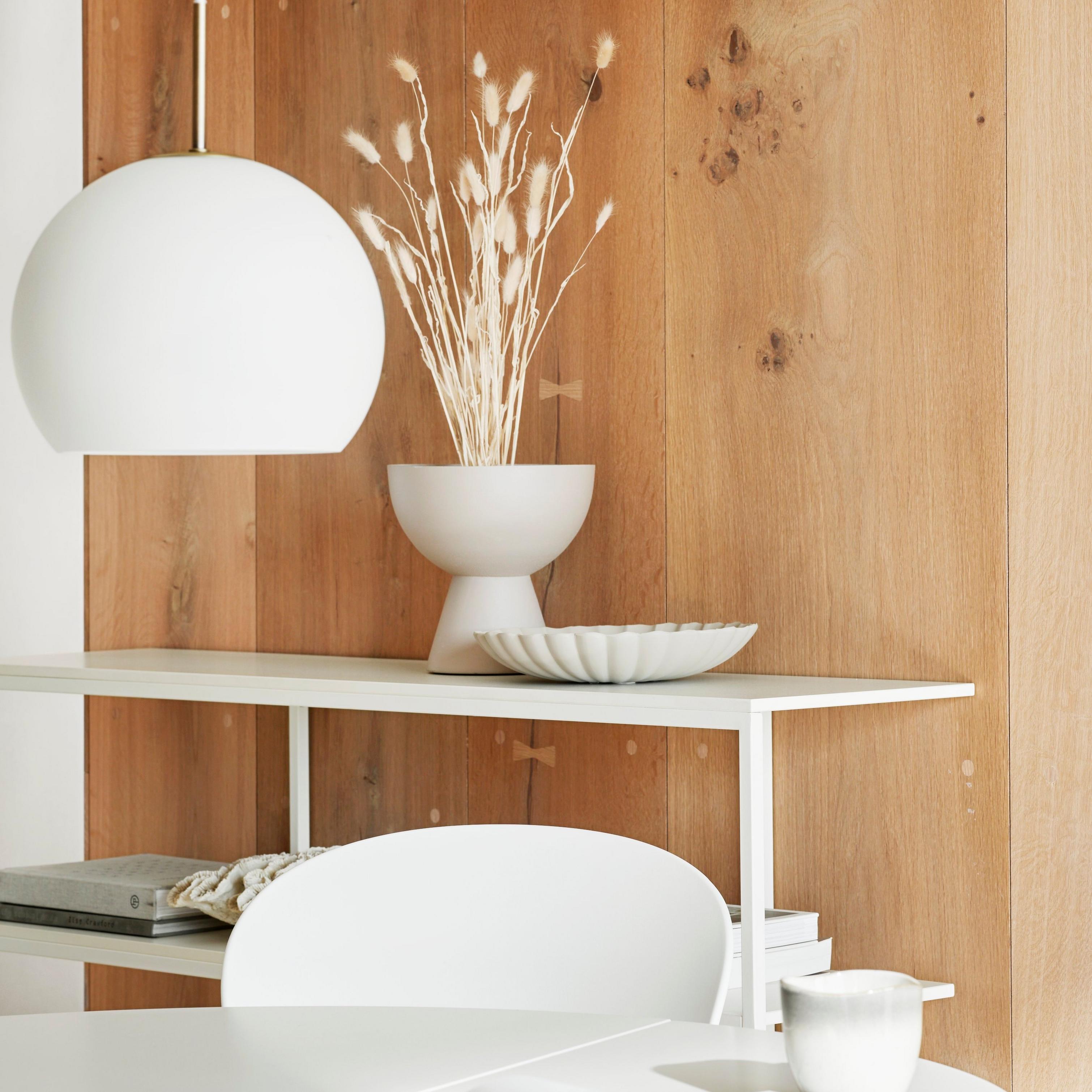
Draw inspiration from the traditional neutrals of both Scandinavia and Japan, then complement them with natural tones such as blues, greens and plums.
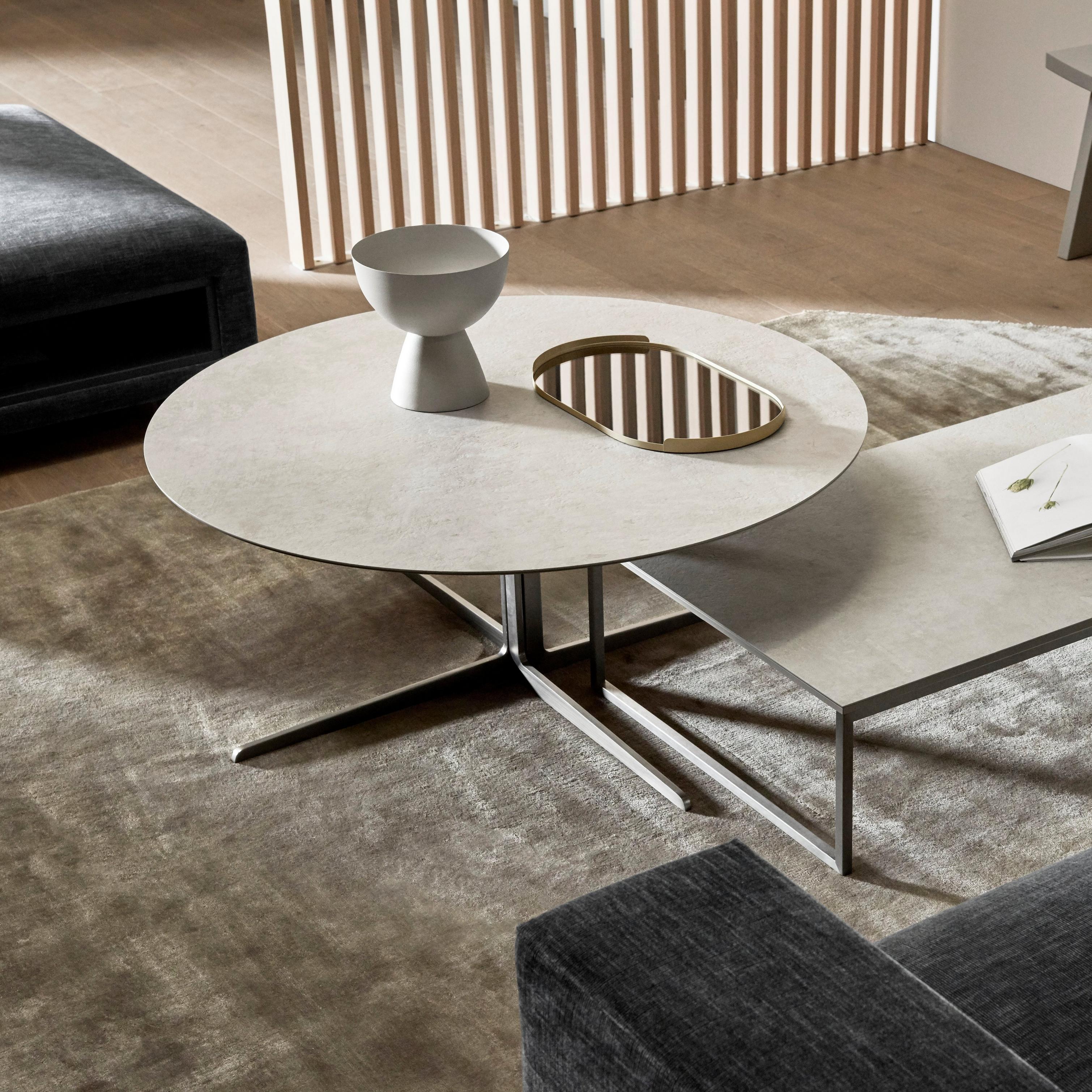
Embrace simplicity and incorporate clean, minimal lines into your home to ensure a free-flowing space that is functional and free of clutter.
Now for the tips!
Minimalism is essential to a Japandi interior. Thankfully, the way to a zen-filled interior doesn’t require you to sell all your possessions. Establish free-flowing floor spaces, clear of clutter. Choose furniture with pared-down clean lines and organic shapes crafted in natural materials and stay clear of designs with lots of ornamentation – the cleaner the better.
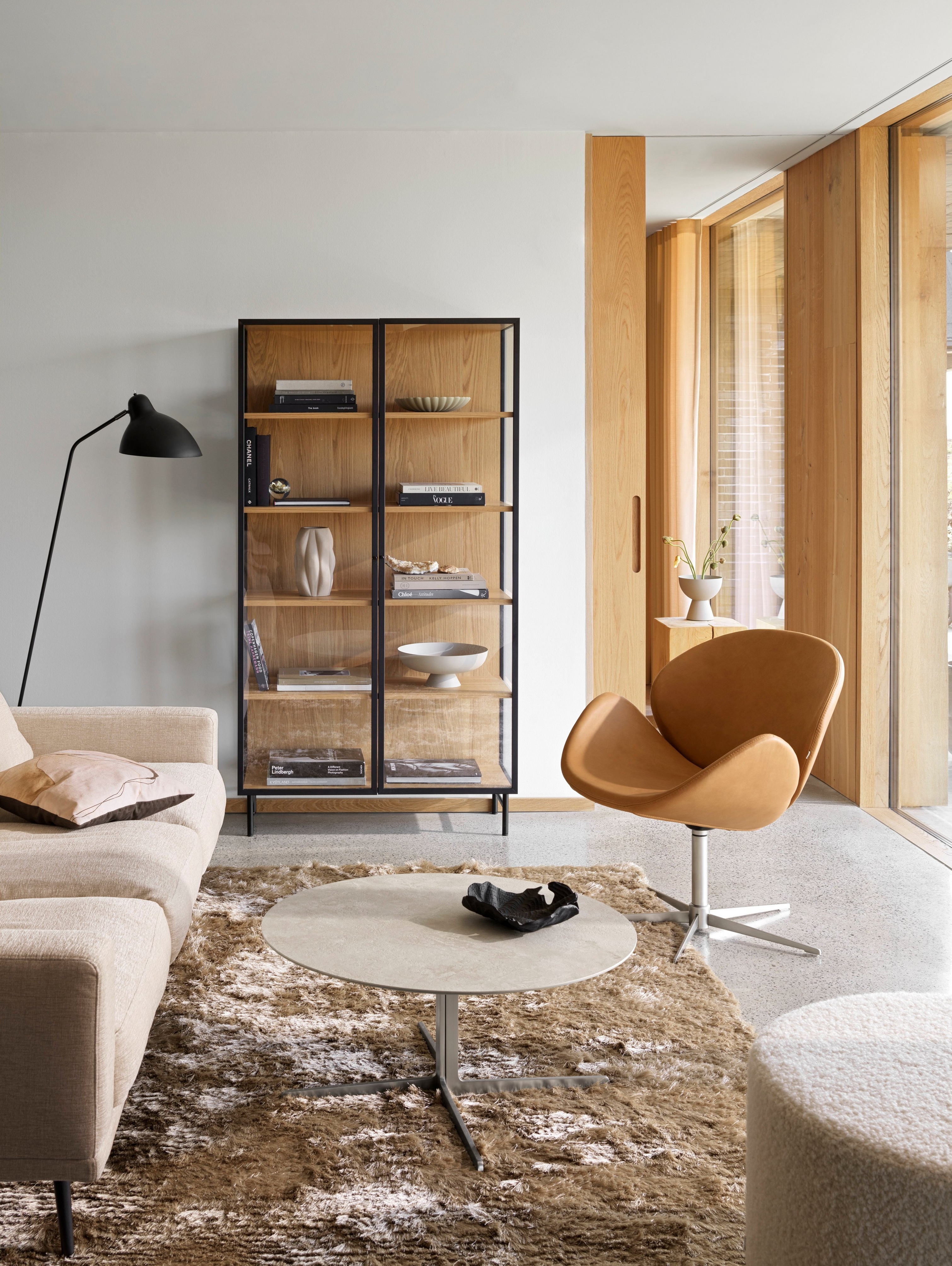
When it choosing materials for a Japandi-style space, nature is key. Japandi style emphasizes the use of high-quality, natural materials such as wood, cotton and linen. We offer high quality fabics, leathers and tabletops, to ensure your Japandi funiture will last you a long time.
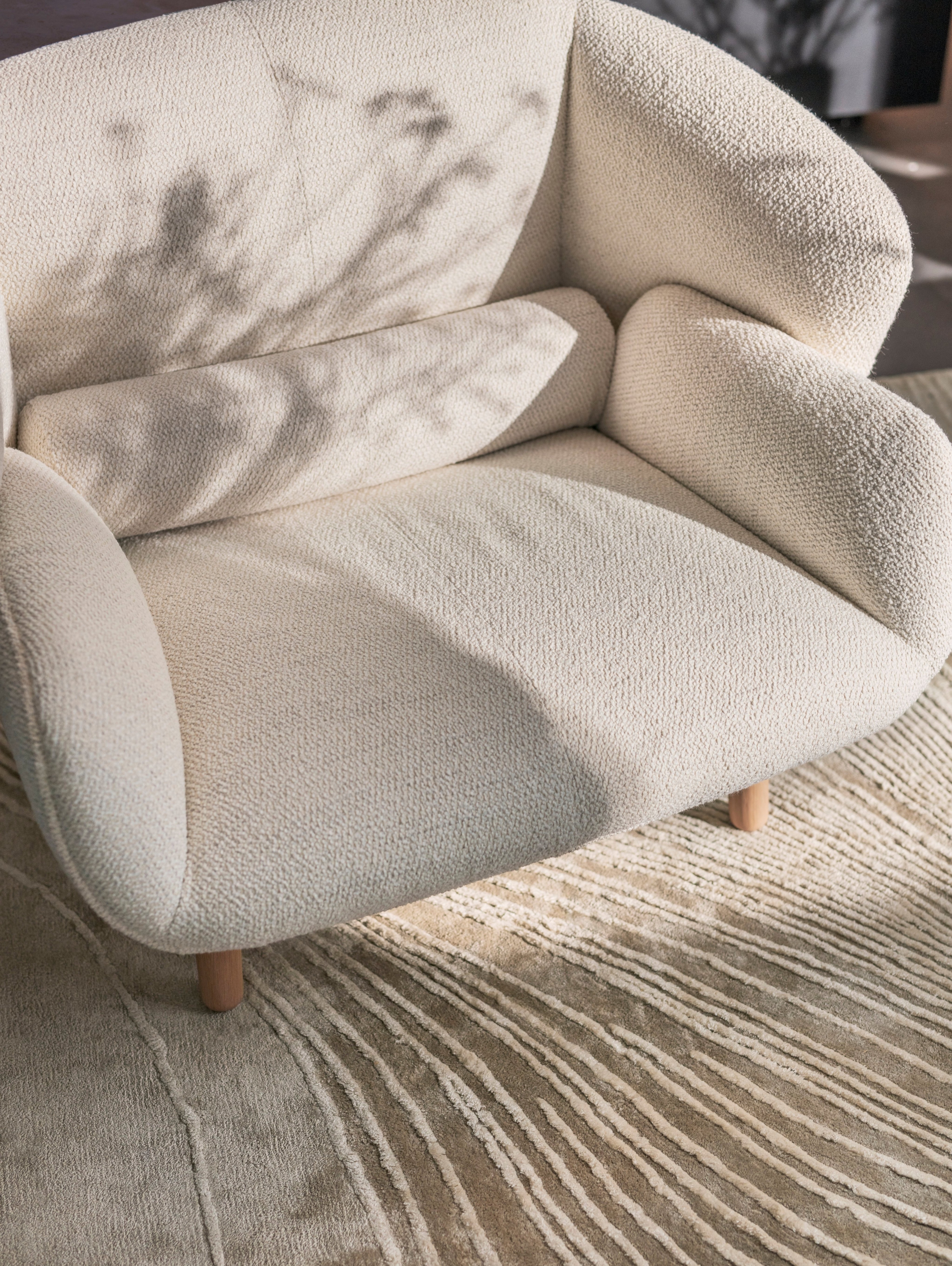
The philosophies behind both nations’ design languages call for accessories that prioritize functionality over decoration. Think unglazed ceramic tableware, vases, and a few books. Lastly, combine Scandi’s homely comforts with Japanese imperfection through contrasting cushions and throws.
